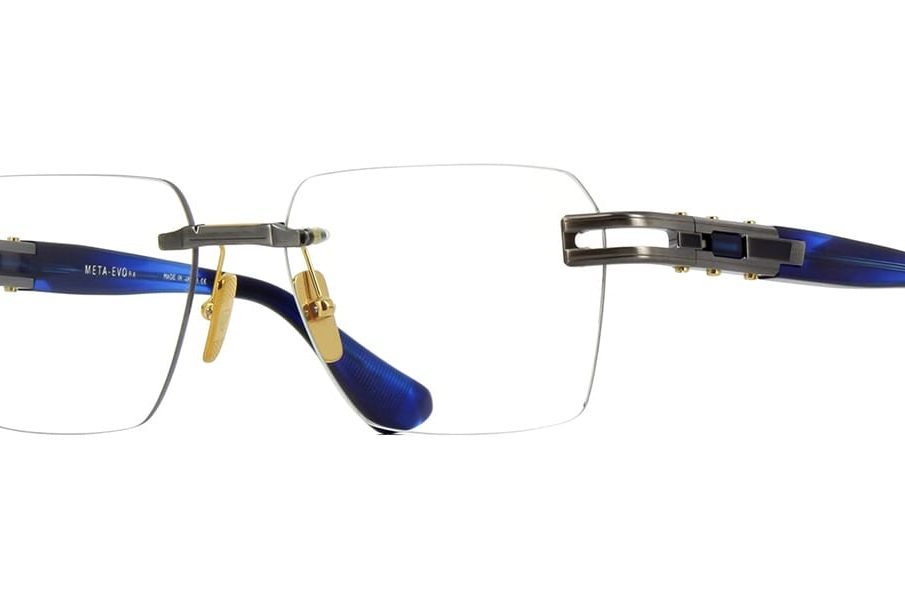Meta Glasses: Navigating the Next Frontier in Augmented Reality

Introduction
In the fast-evolving world of technology, augmented reality (AR) has emerged as a game-changer, blurring the lines between the digital and physical realms. Meta Glasses, developed by Meta Platforms, Inc., are at the forefront of this revolution. These smart glasses aim to redefine how users interact with digital content, making the technology not just a novelty but a practical tool for everyday life.
Recent Developments and Announcements
Meta’s latest iteration of Meta Glasses was unveiled during a recent tech conference, showcasing a sleek design that combines functionality with style. The device features advanced optics, offering vibrant displays that overlay digital information in real-time. Users can engage with augmented content seamlessly, enhancing tasks such as navigation, gaming, and even remote collaboration.
One significant highlight of the new Meta Glasses is their integration with artificial intelligence (AI) and machine learning algorithms. These advancements allow the glasses to personalize user experiences by learning individual preferences and habits. For example, while exploring a new city, Meta Glasses can provide historical context, local recommendations, and language translations through voice prompts or visual cues.
Impact on Various Sectors
The potential applications of Meta Glasses span numerous sectors. In education, they can transform learning environments by introducing interactive 3D models or bringing textbook content to life. In healthcare, surgeons can utilize the glasses for enhanced visualization during procedures, improving accuracy and outcomes.
Moreover, the entertainment industry is also exploring innovative uses for Meta Glasses, with immersive experiences in gaming and virtual storytelling attracting considerable attention. As the technology matures, it’s likely that more industries will harness its capabilities, paving the way for unprecedented advancements.
Challenges and Considerations
Despite their promise, Meta Glasses face challenges such as privacy concerns and user adaptability. Critics point to issues related to data security and the potential for misuse, which Meta acknowledges and is striving to address through robust privacy controls and user education.
Conclusion
As Meta Glasses push the boundaries of what is possible in augmented reality, their implications for daily life, work, and play are profound. The convergence of AI with AR technology heralds a new era that could significantly alter how we interact with our environment. For consumers and industries alike, keeping an eye on the evolution of Meta Glasses is essential; what begins as an innovative gadget may well transform into an indispensable aspect of modern living.









